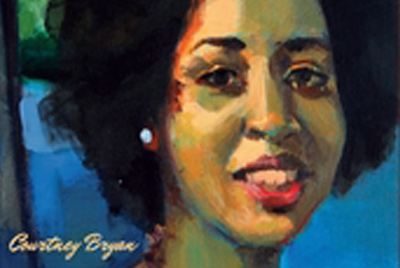Joan Morgan – When Chickenheads Come Home to Roost (1999)
Aside from being the hip hop feminist manifesto, Joan Morgan’s nuanced discussion of (black) women’s tense maneuvering between hip hop and love of self gave me perspective on how I viewed myself as a female hip hop aficionado and critic. I could love the music but still analyze it. Morgan delivers my one of my favorite thoughts on hip hop that serves as a mantra for my work in hip hop: “Truth can’t be found in the voice of any one rapper but in the juxtaposition of many. . .they lie at the magical intersection where those contrary voices meet – the juncture where ‘truth’ is no longer black and white but subtle, intriguing shades of gray” (62).
Mark Anthony Neal – Soul Babies (2002)
First, let me say I have what one may deem an unhealthy obsession with Mark Anthony Neal’s work. Although I was first put on with Neal’s co-edited anthology That’s the Joint! It was his 2002 joint Soul Babies that helped set my scholarship off. His conceptualization of a post-soul aesthetic helped me put my investigation of hip hop as a form of ‘messy organic intellectualism’ that usefully collapses rap as a romanticized concept of contemporary black identity/pathology within a post-racial (and post-soul) moment.
Guthrie Ramsey – Race Music (2003)
As a southern hip hop aficionado/scholar I really appreciated Ramsey’s discussion of music as a space of cultural and collective memory as I think through parallels of historical trauma and contemporary trauma heard in southern rap. Shouts to Professor Portia Maultsby for introducing me to Race Music!
Imani Perry – Prophets of the Hood (2004)
Imani Perry is one of those thinkers whose train of thought is so smooth it kills me softly. Her discussion of hip hop as a complex space with blurred lines of performance and live experience pushed me to renegotiate my own understandings of hip hop as an organic cultural expression. She defines hip hop as “a dialogic space in which artists’ voices articulate about existence on a number of registers. The space of hip hop is public and yet interior” (43). Boom. This particular definition set off my work to identify and work through rap music as a messy space of post-Civil Rights blacks’ social-cultural politics.
Fred Moten – In the Break (2008)
I can’t lie, I’m still marinating on Moten’s work but his deconstruction of Aunt Hester’s scream from Frederick Douglass’ slave narrative bust the doors wide open for my interests in race and sound studies. His brilliant theorization of sounding commodities sets the foundation for my own work in identifying parallels between commercialism and sound as an alternative space for understanding post-Civil Rights race and gender politics.
Tricia Rose – The Hip Hop Wars (2008)
I know folks always cite Rose’s groundbreaking work Black Noise as their hip hop scholarship pioneer, but for me The Hip Hop Wars provided an updated and accessible blueprint on how to approach how this current cycle of hip hop intersects with capitalism. Rose’s nuanced analysis of pro and con arguments currently floating around about hip hop broke ground for my work on critical hip hop sensibilities (be on the look out for the book!).
Tags: academia, Black Music, books, Guthrie Ramsey, imani perry, joan morgan, Mark Anthony Neal, Portia Maultsby, regina bradley, scholarship, tricia rose

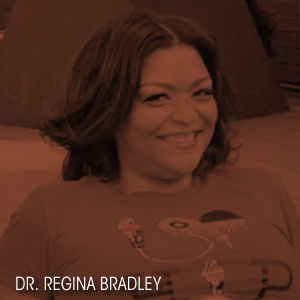
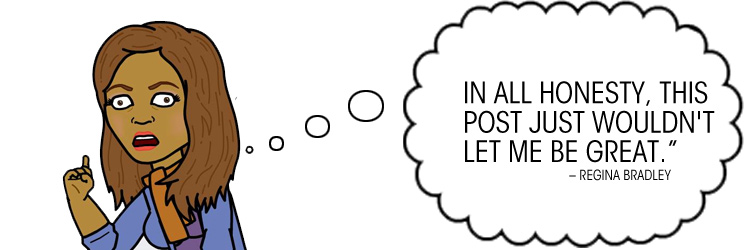
 Share On Facebook
Share On Facebook Tweet It
Tweet It

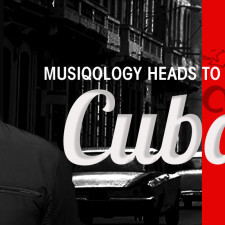
![[Video] BBC Documentary on Allen Toussaint](https://musiqology.com/blog/wp-content/uploads/2015/11/allen-toussaint-225x225.jpg)
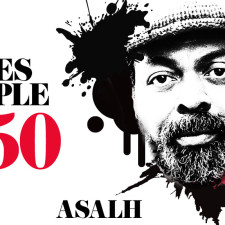


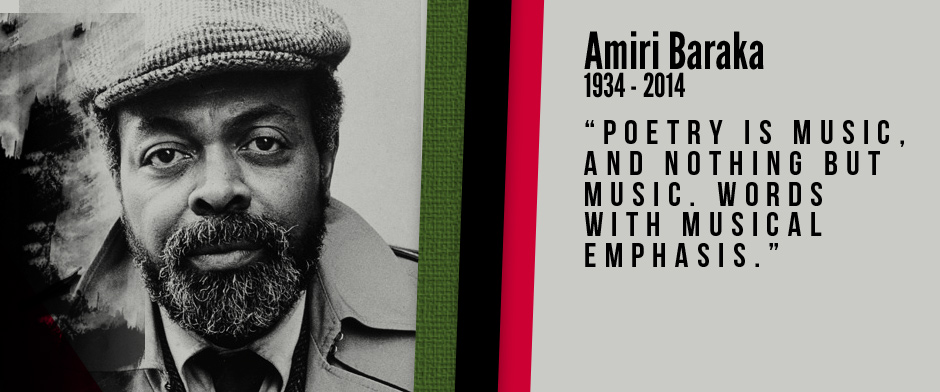
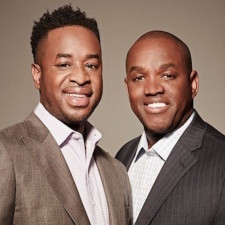
![[VIDEO] Black Music and the Aesthetics of Protest](https://musiqology.com/blog/wp-content/uploads/2015/03/onlynchings1-225x225.jpg)

